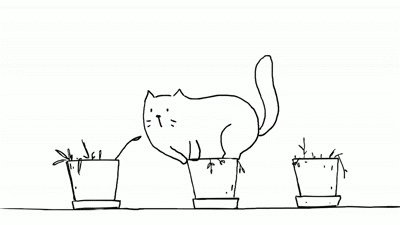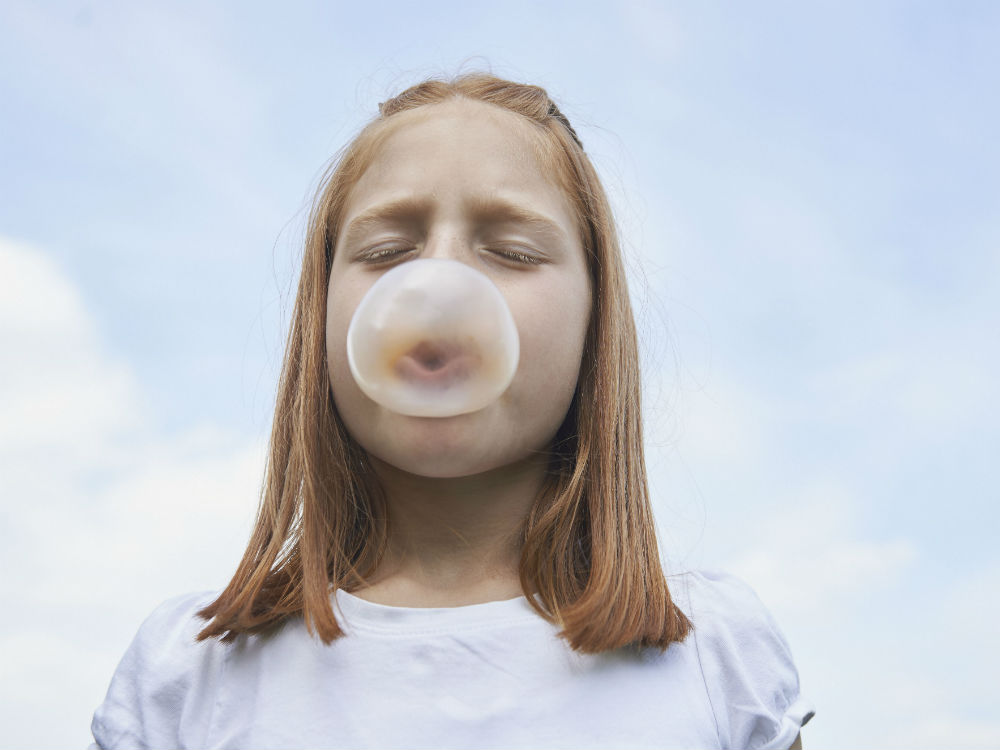5 bad habits which are actually proof you’re a superior being
Never feel guilty about watching trashy films again...

Never feel guilty about watching trashy films again...
Think your bad habits are holding you back? Think again. These five common fails are actually better for you than you think...
Watching trashy films

So bad they’re actually good, right? If you’re inclined to agree, it could be down to intellect.
According to a study published in the journal Poetics, enjoying terrible, trashy films might actually be linked to higher intelligence, with many viewers regarding them as ‘an interesting an welcome deviation from the mainstream fare’.
'We are dealing here with an audience with above-average education, which one could describe as "cultural omnivores"’, explains Keyvan Sarkhosh, of the Max Planck Institute for Empirical Aesthetics. ‘Such viewers are interested in a broad spectrum of art and media across the traditional boundaries of high and popular culture.’
That’s right, people, loving trash means you’re probably super bright. Time to watch Sharknado again, we think…
Celebrity news, beauty, fashion advice, and fascinating features, delivered straight to your inbox!
Messy desk at work

Some people might call you a slob, but others will call you a creative genius – and those others just happen to be scientists.
Research has shown that messiness can actually inspire creativity. According to Prof. Eric Abrahamson of Columbia Business School, ‘a moderately messy desk has the advantage of juxtaposing different things in ways that make it possible to see new, creative connections.’
Finally – an excuse to never feel guilty about the state of your desk again.
Always late for everything

No, not a sign of disorganisation but of optimism. Turns out chronically late people are hopeful rather than hopeless.
People who are continually late are actually just more optimistic, believing that they can fit more into a certain amount of allotted time than everyone else.
While this might be annoying for everyone else in the short-term, it actually has loads of long term benefits. For example, research has found that optimism has a whole heap of health benefits, from strengthening your immune system to reducing stress and diminishing your risk of cardiovascular disease.
Together, these factors can help you have a longer, happier life in general.
Doodling during meetings

Sure, it might look like you’re just bored out of your brain and trying to kill time, but doodling is actually a great problem solving technique. According to psychologist Dr Jackie Andrade from Plymouth University, doodling evokes a ‘subconscious incubation of the solution’ – which basically means that by not focussing on a problem, you’re more likely to solve it.
In fact, one study showed that people who doodle while on important phone calls are more likely to be able to retain the information they heard during it than people who didn’t.
Addicted to chewing gum

Yes, it can be pretty irritating for everyone else around you, but chewing gum has actually be proven to increase alertness and improve performance.
In one study, people who chewed gum while taking an intelligence test performed significantly better than those who didn’t and were more alert.
In another from Cardiff University, it showed that chewing gum also reduced stress and anxiety, and led to a more positive mood. All from just one little piece of gum!
Oh, and minty-fresh breath too.
The leading destination for fashion, beauty, shopping and finger-on-the-pulse views on the latest issues. Marie Claire's travel content helps you delight in discovering new destinations around the globe, offering a unique – and sometimes unchartered – travel experience. From new hotel openings to the destinations tipped to take over our travel calendars, this iconic name has it covered.